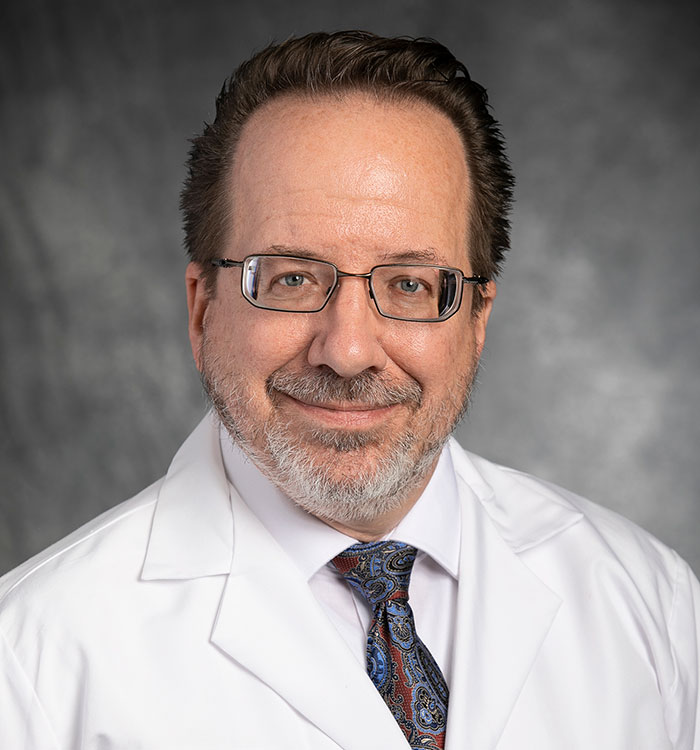Leadership in Adult Congenital Heart Disease at UH Rainbow
November 07, 2021

Philip M. Barger, MD, MSc, is new Director of UH Adult Congenital Heart Disease Program
Innovations in Pediatrics | Fall 2021
Advances in fetal detection of congenital heart disease (CHD), early-age cardiothoracic surgery, as well as innovations in neonatal and pediatric care more generally, have led to exceptionally positive outcomes for children born with the condition. As a result of these innovations, more than 90 percent of children with CHD survive to adulthood, even those patients with severe forms of CHD. There are now twice as many adults living with CHD (ACHD) as there are children.
 Philip Barger, MD, MSc
Philip Barger, MD, MScCenters specializing in the care of ACHD, such as the one at University Hospitals Rainbow Babies & Children’s Hospital, are meeting the clinical needs of this unique group of adult patients. Research has shown that ACHD patients who get at least a portion of their care in a center specialized in the care of these adult patients will have improved outcomes and mortality. In fact, the Adult Congenital Heart Association has endorsed the idea of specialized centers, certifying 44 accredited ACHD Comprehensive Care Centers in the U.S., including the University Hospitals Adult Congenital Heart Program.
Philip M. Barger, MD, MSc, is now at the helm of this program, run jointly by UH Rainbow Babies & Children’s Hospital and UH Harrington Heart & Vascular Institute. He joins UH from Washington University School of Medicine in St. Louis, where he was Professor of Medicine in the Cardiovascular Division. While at Washington University School of Medicine, he was most recently Director of the school’s Center for Adults with Congenital Heart Disease, Program Director of the Adult Congenital Heart Disease Fellowship and Associate Program Director for Mentorship and Career Development for the Adult Cardiology Fellowship.
Dr. Barger’s move to Ohio in general and Cleveland in particular is a bit of a homecoming; he earned his undergraduate degree in zoology at Ohio State University and his medical degree at Case Western Reserve University School of Medicine. A true physician-scientist, Dr. Barger holds a Master of Science degree from Ohio State University and has completed a post-doctoral research fellowship in molecular biology and pharmacology. As he begins his tenure here at UH, he says he’s enthusiastic about the opportunity to serve ACHD patients.
“Our vision is to become a destination referral center for ACHD patients,” says Dr. Barger. “To accomplish that, the center will evolve to offer a full suite of state-of-the-art consultative and therapeutic options, including advanced heart failure therapies and organ transplantation. We also intend to increase local, regional, and national visibility via enhanced research efforts as well as impact trainee eductaion via initiating an Advanced Fellowship in ACHD.“


